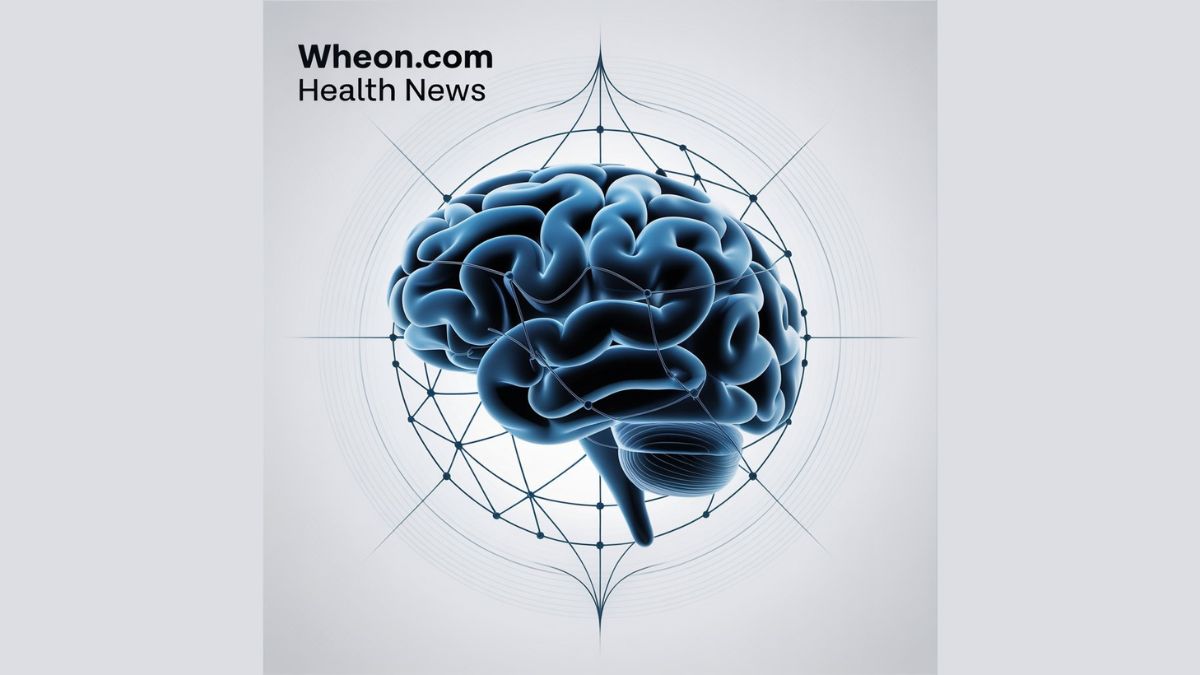Navigating the world of healthcare can often feel overwhelming, especially when it comes to understanding your rights regarding personal health information. One critical aspect many patients may encounter is the Crossroads Forms Auhtorisatioo to Dicslodse Health Infroamtion. This form plays a vital role in how medical providers share sensitive data with other entities, and grasping its significance can empower you as a patient.
In today’s age of information sharing, protecting your health details while ensuring that necessary parties have access to relevant data is crucial. Let’s dive into what Crossroads authorization entails and why it’s essential for both patient care and privacy. Understanding this process not only enhances your knowledge but also reinforces your ability to make informed decisions about your healthcare journey.
What is the Crossroads authorization and why is it important?
The Crossroads authorization is a specific form designed for the disclosure of health information. It serves as a formal agreement between patients and healthcare providers. By signing this document, patients grant permission to their medical records being shared with designated parties.
Understanding this authorization is key to maintaining control over your personal data. It outlines exactly what information can be released and to whom, establishing clear boundaries around privacy.
This process is particularly important in today’s interconnected healthcare system. With numerous professionals involved in patient care, effective communication often requires sharing sensitive information. The Crossroads authorization ensures that such exchanges are conducted legally and ethically.
Moreover, it fosters trust between patients and providers. Knowing that you have a say in who accesses your health details empowers you during your treatment journey while safeguarding your confidentiality at every step.
The purpose of disclosing health information
Disclosing health information serves multiple essential purposes. For healthcare providers, sharing patient data can improve the quality of care received. It allows for better diagnoses and more tailored treatment plans.
In emergencies, timely access to health records can be a lifesaver. First responders rely on critical details about allergies or existing conditions to make informed decisions in urgent situations.
Insurance companies also need this information to process claims efficiently. Proper documentation ensures that patients receive the coverage they deserve without delays.
Research plays another crucial role. Aggregate data helps scientists and public health officials identify trends, leading to advancements in medicine and improved community health outcomes.
Transparency fosters trust between patients and providers. When individuals understand how their information is used, they are more likely to engage actively in their own healthcare journey.
Protecting patient privacy and confidentiality
Protecting patient privacy is fundamental in healthcare. It builds trust between patients and providers. When individuals feel secure about their information, they are more likely to seek help.
Confidentiality safeguards sensitive health data from unauthorized access. This protection extends to all forms of communication, including verbal discussions and digital records.
Healthcare professionals must stay vigilant with the handling of personal information. They should educate themselves on best practices for maintaining confidentiality at all times.
Patients also play a role in protecting their own health data. Understanding how and when information may be shared empowers individuals to make informed choices about their care.
Regular audits and training sessions can enhance awareness within organizations. By fostering a culture of respect for privacy, both patients and providers benefit significantly.
How to obtain a Crossroads authorization
Obtaining a Crossroads authorization is straightforward. Start by visiting the official Crossroads platform or your healthcare provider’s website to access the necessary forms.
Once you have the form, fill it out carefully. You’ll need to provide basic information such as your name, date of birth, and details about what specific health information needs disclosing.
Make sure to read through all sections thoroughly. It’s essential to understand exactly what you’re consenting to share and with whom.
After completing the form, submit it according to the provided instructions. This might involve sending it via email or mailing a physical copy directly to your provider.
Keep track of any confirmation received after submission. This will help ensure that your request is processed smoothly and efficiently.
Understanding the information disclosed
When discussing Crossroads Forms Auhtorisatioo to Dicslodse Health Infroamtion, it’s vital to understand what kind of data is being shared. This includes medical records, treatment plans, and any pertinent history that aids in patient care.
The information disclosed can vary based on the necessity of the situation. For instance, a healthcare provider may need access to previous diagnoses or medications for better treatment decisions.
Patients should be aware that sensitive details are part of this disclosure process. Understanding these specifics empowers individuals to make informed choices regarding their health.
Moreover, knowing who will receive this information is crucial. Different entities like specialists or insurance companies may require specific data sets relevant to their roles in your care or coverage.
Awareness helps patients navigate potential risks while benefiting from necessary treatments effectively. Trusting how and why your health information is utilized remains paramount.
Potential risks and benefits of disclosing health information
Disclosing health information comes with its own set of risks and rewards. On one hand, sharing vital medical data can lead to improved care coordination. Providers gain insights that enhance treatment decisions.
However, there’s the risk of breaches in confidentiality. If sensitive information falls into the wrong hands, it can affect a patient’s personal and professional life. Trust is paramount in healthcare; any misstep can damage that relationship.
Benefits also include access to specialized services or programs tailored for specific conditions. When patients opt-in to share their history, they may unlock resources that significantly improve their outcomes.
Yet, every disclosure carries the weight of potential stigma or discrimination based on disclosed conditions. Patients must weigh these factors carefully before signing any authorization form related to their health records. The decision isn’t just about transparency; it’s about navigating a complex landscape of privacy and care quality.
Conclusion: The importance of informed consent in healthcare decisions
The significance of informed consent in healthcare cannot be overstated. It serves as the foundation for trust between patients and providers. When patients understand what their health information is, why it’s being shared, and who will have access to it, they can make better decisions regarding their care.
Crossroads Forms Auhtorisatioo to Dicslodse Health Infroamtion plays a crucial role in this process. By clearly outlining the parameters of information disclosure, these forms empower individuals to take control over their personal data. This not only reinforces patient autonomy but also ensures compliance with legal standards protecting privacy.
As healthcare continues evolving, maintaining transparency through authorization remains essential. The conversation surrounding health data is complex; however, informed consent simplifies it by placing power back into the hands of those whose lives are affected by these decisions. Fostering an environment where patients feel secure about sharing their information leads to improved health outcomes and stronger relationships within the medical community.
Informed consent isn’t just a bureaucratic step; it’s a vital component that enhances patient engagement and satisfaction in healthcare settings. Promoting clarity around Crossroads Forms Authorization ultimately encourages healthier interactions between providers and patients alike.











